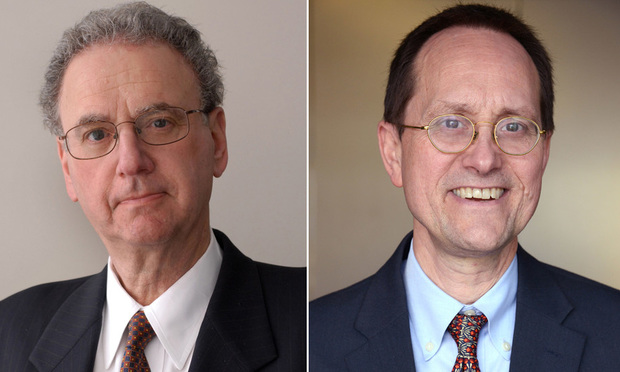Earlier this month, in what might be viewed as the speed of light when measuring time between oral argument and decision, the U.S. Supreme Court issued two unanimous opinions construing provisions of the Copyright Act relating to procedural requirements for commencing infringement actions and interpreting the term “full costs” in awarding them to the prevailing party. This article will focus on the former, Fourth Estate Public Benefit v. Wall-Street.com, et al., No. 17-571, 2019 WL 1005829, ___ U.S. ___ (2019) (Fourth Estate).
The Supreme Court granted certiorari in Fourth Estate to resolve a split in the Circuit Courts as to whether §411(a) of the U.S. Copyright Act (the Act) could be read to allow commencement of an infringement action once an application to register a copyright with the U.S. Copyright Office is complete (the “application approach”), or, instead, only (subject to limited statutorily specified exceptions) upon issuance of the registration (the “registration approach”). Despite the split in the circuits and the various policy arguments marshaled in favor of the application approach, Justice Ruth Bader Ginsburg, writing for the court, considered the registration approach to be mandated both by the explicit language of §411(a) and by statutory exceptions which proved the general rule. Moreover, to the extent that proponents of the application approach argued for its adoption to overcome delays in application processing times, the court referred their plea to Congress, which could reduce processing delays through increased funding of the Copyright Office.


 Robert J. Bernstein and Robert W. Clarida
Robert J. Bernstein and Robert W. Clarida




